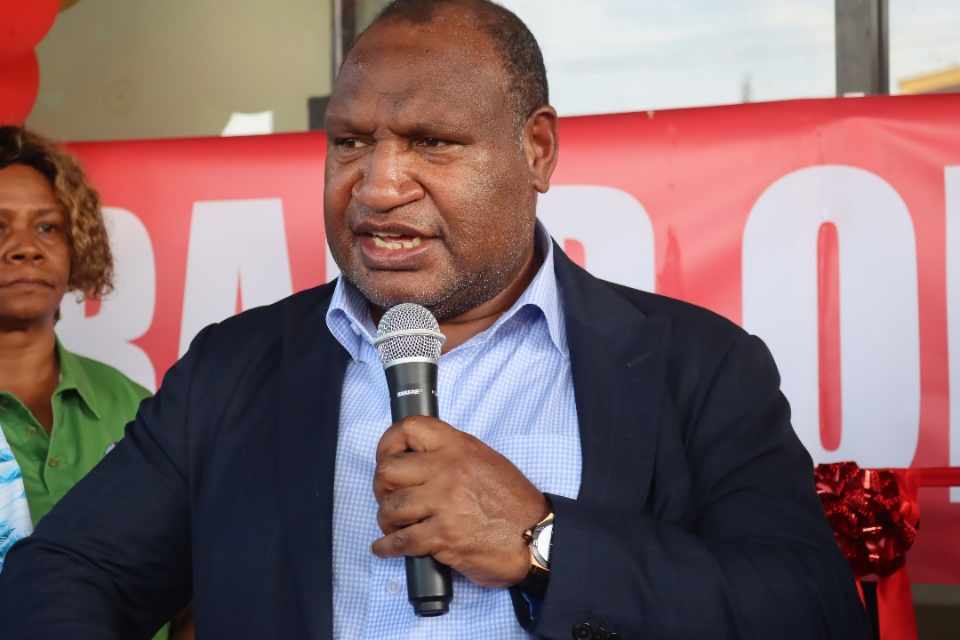Prime Minister James Marape has reiterated his administration’s commitment to economic empowerment through the agricultural sector, with a particular focus on coffee as a critical driver of growth.
During the opening of the new Lae coffee exports office complex today, Marape emphasized the unique advantage Papua New Guineans have in accessing land, a vital resource for wealth generation and security.
With over 80% of the population residing in rural areas, Marape highlighted the untapped potential of these communities to significantly contribute to the nation’s economy.
He pointed out that since gaining access to their land in 1975, Papua New Guineans have been educated on effective land utilization.
This education, combined with the government’s initiatives, such as the SME Funding Blueprint through the Bank of Papua New Guinea, aims to empower ordinary citizens by providing loans to develop and utilize their land productively.
Marape particularly underscored the role of the coffee industry in absorbing the many students leaving school without employment opportunities.
He noted the growing global demand for coffee, especially in markets like China, and stressed the importance of quality management and consistent production to meet international standards.
In a related development, the government has inaugurated a new coffee export office in Lae, designed to ensure that PNG’s green coffee beans meet global quality standards.
This facility, equipped with advanced testing equipment and comprehensive quality assessment protocols, is part of a broader strategy to enhance PNG’s reputation in the international coffee market.
The Prime Minister also highlighted the need for policies supporting family-owned exporters and ensuring that the value generated from coffee exports benefits the local economy.
The government’s commitment to establishing a unique identity for PNG coffee, complete with proper labeling and organic certification, aims to position it as a preferred choice in international markets.
Marape’s focus on agriculture, particularly coffee, is a cornerstone of his administration’s strategy to uplift the livelihoods of Papua New Guineans, especially in rural areas.
This initiative aligns with the broader goal of driving economic empowerment through sustainable and inclusive growth in the agricultural sector.
The Prime Minister presented K10 million to the CIC to assist the industry.

